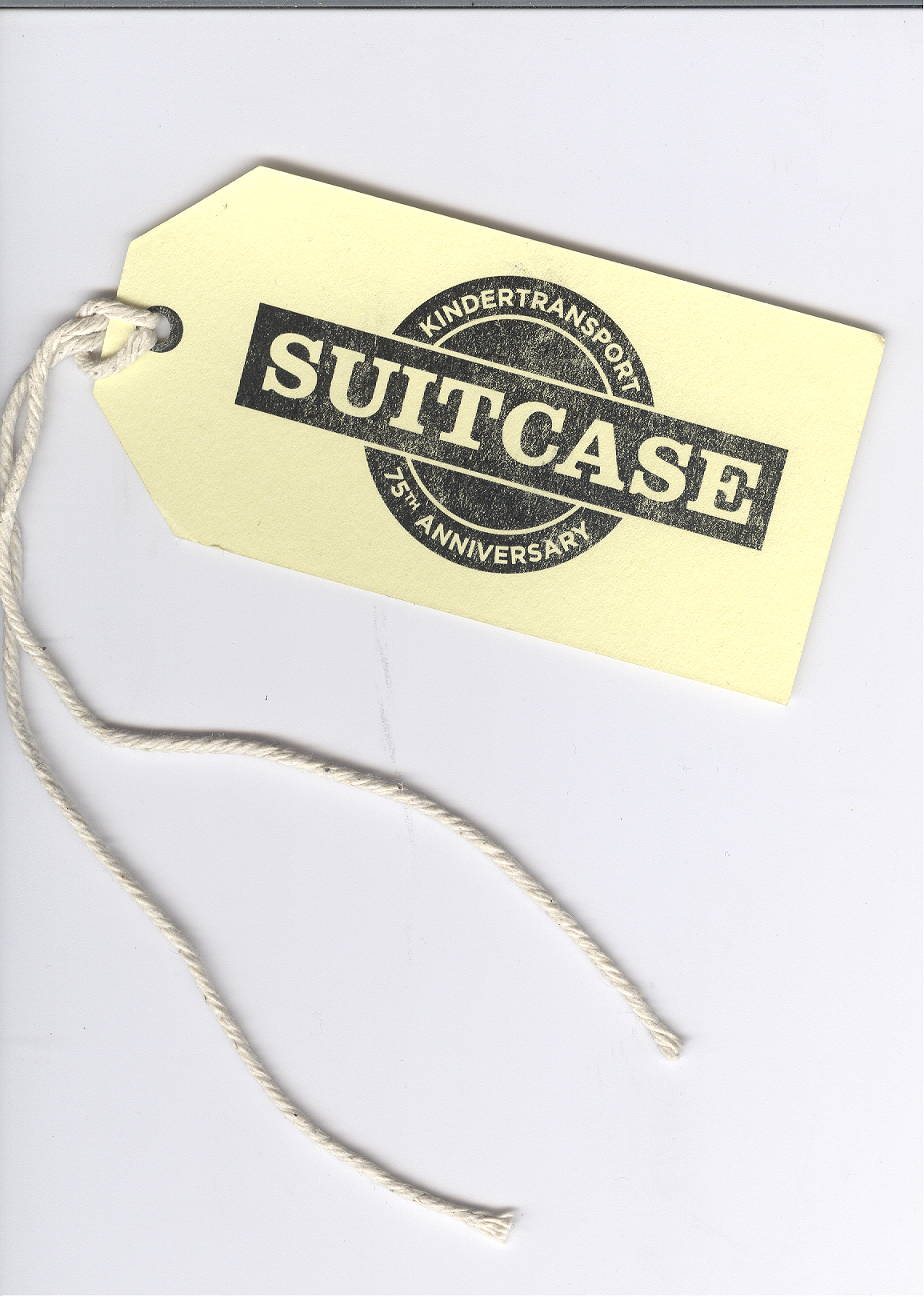Railway children: escaping the holocaust by train

Review of ‘Suitcase’, Harwich International railway station – 29 Nov 2013
Seventy five years ago – almost to the day – the first 196 ‘Kindertransport’ children arrived in Harwich, Essex. Most had been residents in a Jewish orphanage that was torched three weeks earlier in the orgy of anti-Semitic violence now known as Kristallnacht. They boarded a train in Berlin and sailed overnight from Rotterdam. Nearly 10,000 young people from across eastern Europe followed in their footsteps during the months before the outbreak of the second world war.
They were found foster families, a fair proportion went on to serve in Britain’s forces and a great many subsequently made notable contributions to national life. Precious few were reunited with their parents and families, most of whom perished in the gas ovens.
Recreating scenes from these desperate moments, ‘Suitcase’ is a promenade performance that has revisited many of the railway stations through which the children were shipped. None can be more poignant than Harwich (Parkeston Quay, to give it is old name), where the children entered the UK and where a sizable local volunteer force undertook their initial processing.
Suitcase’s cast of nine, and two musicians, take on multiple roles as children, foster parents, administrators and parents. The central narrative – offspring hastily dispatched into the hands of foreign strangers as the shadow of death falls over their communities – has such a desperate power that tears are all but irresistible.
But there is a counterbalance to the monstrous circumstances that made the Kindertransport necessary – the astonishing response in Britain.
Less than a fortnight buy valium usa after Kristallnacht, Parliament passed legislation allowing for the temporary admission of unaccompanied children to the UK. Jewish, Quaker and other organisations cobbled together a scheme to administer the program; thousands of foster families came forward; and sizeable funds were raised. Among the five scenes around which audience members were led, was an Essex railwayman, so moved by the bedraggled exodus he witnessed that he made space in his own home to bring up a Jewish child alongside his own son. His tale resonates with the decency in the heart of Britons, something that deserves to be expressed and recognised more often.
The performance contained warnings too. There were clear echoes of the contemporary charity-begins-at-home tendency in The Daily-Express-reading tea drinker who despaired of appeals to British generosity, and wondered whether the Jewish children might not be better kept in internment camps ‘out of sight’?
For all its pivotal role in the events of 1938, Harwich International railway station today is the epitome of a soul-less, plastic utilitarian transport hub. Despite this, with minimal props, well-chosen period songs, and dialogue that draws on stories from those who were transported, Suitcase’s evocation was as vivid as it was heartbreaking.
There were questions at the heart of the performance, however. When humanitarian disasters strike today, do we display clear-sighted conviction that stands comparison with that shown by the organisers of the Kindertransport? And does our compassion today reach the depths displayed by those who answered the appeal three quarters of a century ago?
www.suitcase1938.org